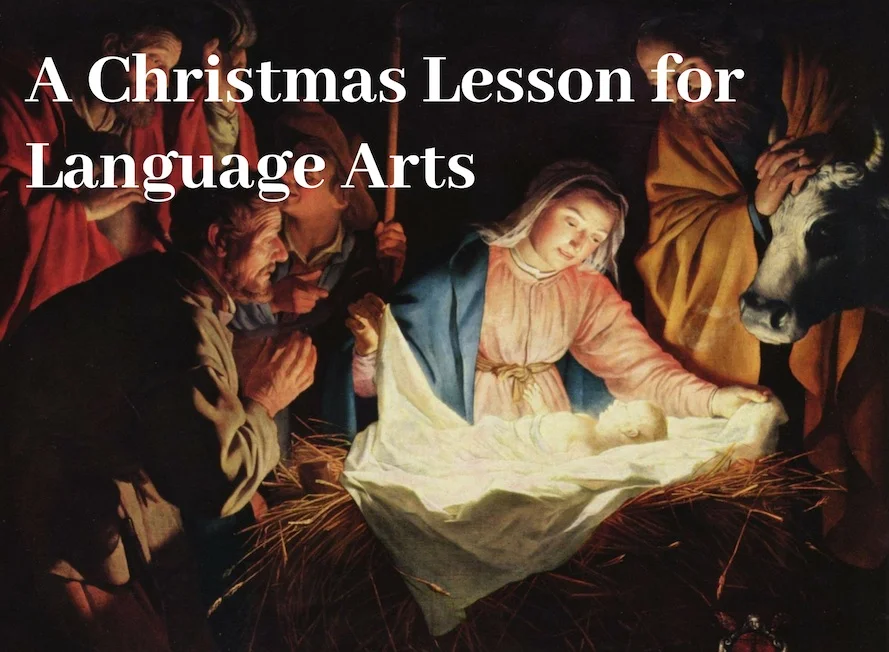Teach public school students how the world benefits from Christianity
Too many public school students only learn about Christianity by studying the Crusades, the Inquisitions, and the Salem Witch Trials. It is important that they learn the rest of the story. Students of all faiths, and no faith, should understand the impact of Jesus on the world.
Robert Woodberry, a political science professor at National University of Singapore, conducted extensive research on missionaries’ impact around the world. His findings were published in the highly respected American Political Science Review with the title, “The Missionary Roots of Liberal Democracy.”
Woodberry and his research team found that:
“Conversionary Protestants [missionaries] were a crucial catalyst initiating the development and spread of religious liberty, mass education, mass printing, newspapers, voluntary organizations, most major colonial reforms, and the codification of legal protections for nonwhites in the nineteenth and early twentieth centuries. These innovations fostered conditions that made stable representative democracy more likely— regardless of whether many people converted to Protestantism.”
Literacy
In a later lecture, Woodberry explained, “missionaries wanted people to read the Bible in their own language, which meant poor people and women needed to be able to read — which now we think is normal but at the time was a revolutionary thing.”
He gave specific examples of his findings. For instance:
“The people of Nagaland and Mizoram (North-East India) did not have a written language before the 1890s; they were hunter-gatherer people. And now they are almost all Baptists. Kerala and Goa have large Catholic populations and a significant number of Protestants by Indian standards. These areas have the highest literacy rates in India, particularly women’s literacy.”
Printing
Woodberry found similar patterns regarding mass printing. He points out that “for hundreds of years, people knew how to print and didn’t do it….nobody copied printing until you get Protestant missionaries coming along and printing tens of thousands of texts trying to convert people.”
Economic Prosperity
Woodberry also spoke about the missionaries impact on economic prosperity. For example:
“Missionaries also taught other things in addition to reading; they taught concepts of private property, they spread new skills, they spread new crops. In Ghana they introduced cocoa and cotton, various things like that where they were trying to help indigenous people make money and have self-supporting churches.”
Social Movements
The history of nonviolent social movements is also linked to missionaries. Woodberry points out that, today, people think the activities in social movements (organizing, printing pamphlets, public speaking, petitions, etc.) arise naturally. “However,” Woodberry found, “those techniques were pioneered, for the most part, in the late nineteenth and early twentieth centuries, and they were pioneered mostly by nonconformist Protestants and evangelical Protestants in England and the United States. And they are the people who spread them around the world.”
Reflecting on the impact of Christian missionaries, he tried to find other explanations for the civilizing effects. He admitted, “It startled me certainly when I first found those results, and I spent a lot of time trying to make them go away…and they didn’t go away.”
He acknowledges the complexity of both good and bad actions of missionaries. “You can find examples of almost anything if you look hard enough.” However, he concludes his research with this:
“What we consider modernity was not the inevitable result of economic development, urbanization, industrialization, secularization, or the Enlightenment, but a far more contingent process profoundly shaped by activist religion.”
Woodberry’s research adds to what Historian Rodney Stark, in his book The Triumph of Reason: How Christianity Led to Freedom, Capitalism, and Western Success :
“Christianity created Western Civilization. Had the followers of Jesus remained an obscure Jewish sect, most of you would not have learned to read and rest of you would be reading hand-copied scrolls. Without a theology committed to reason, progress and moral equality, today the entire world would be about where non-European societies were in, say, 1800.”
* * * * * *
Curriculum Connections
Teachers can introduce students to Woodberry’s findings in academic topics such as:
European colonial activity in Africa and East Asia
How democracy spread around the world
Economic development in the world
The history of social movements in underdeveloped countries
How scientific knowledge spread globally
The role of literacy in modern development
SHARE YOUR IDEAS for how to use Woodberry’s research in your classroom. CLICK HERE
Additional Resources
How Christianity Changed the World, by Alvin Schmidt
The Missionary Roots of Liberal Democracy, American Political Science Review
Religion and the Roots of Liberal Democracy, The Centre for Independent Studies








